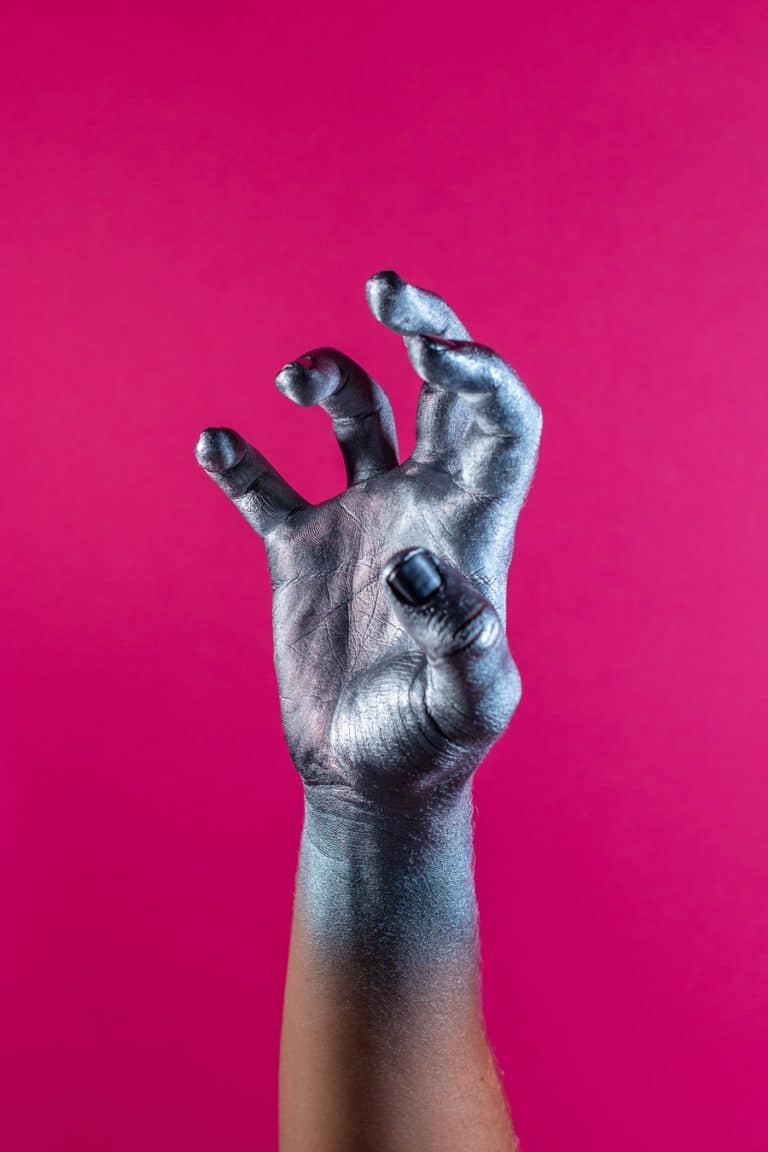
Opinion
Apathy in politics is what brought us Brexit. Next week, let’s change that
By Kieren Williams
Opinion
Apathy in politics is what brought us Brexit. Next week, let’s change that
By Kieren Williams
Updated May 19, 2020 at 12:25 PM
Reading time: 2 minutes
Elections
Dec 5, 2019
A fundamental pillar of democracy is the involvement of the people—us exercising our right to vote, to decide and choose who represents us and leads the nation. Without this, politics is not an expression of the will of the people. When voters are infected with apathy, when we grow sick and tired of the goings-on of Parliament and Westminster and no longer vote, then those elected are not representations of the people. When this apathy infects larger groups, they become silent in the national conversation.
This is why the election date of 12 December is so controversial. It has been called during a time when so many university students will be between university and home, moving from where they are registered to vote. It has been seen by many as an attempt by the sitting government to make it more difficult for a large and politically significant group to vote. An article published in The Times said an aide claimed this was one of the reasons behind the attempted previous election date of 15 October.
This proves that this election will be tighter, more fiercely fought and keenly followed than any other election in decades. It will likely decide the outcome of Brexit after three years, and it will significantly decide the direction of our nation’s future. All of this is why it’s so important to vote and have your say in the future of our nation.
Apathy indirectly disenfranchises large swathes of the population. I understand why so many people are apathetic about politics, especially today. Brexit has highlighted just how little say the people have, whichever side of the debate you fall under and however they vote.
It is perhaps the perfect case study for the danger of apathy toward politics. Not only because of the aforementioned, how it has perfectly highlighted the existence of this apathy, but because now, moving forward, it could be more dangerous than ever. This widespread apathy is being used as an argument to get Brexit done regardless of the outcome, to cancel Brexit altogether and for everything in between. But this apathy, being sick and tired of Brexit and therefore seeking to simply get it over and done with as quickly as possible is extremely dangerous.
Brexit has been described as the ‘political event of a generation for a reason’—whatever happens will determine future years of trade, of the economy and will affect the livelihoods of almost everyone in some way shape or form. To be apathetic now, to be uncaring about the minutiae of what follows, does legitimately threaten livelihoods.
I understand how people are sick and tired of Brexit, it has dominated our news and TVs for three years now, and seemingly not progressed at all. But to not see it through now, to not ensure we get the best for the people, would mean the last three years have been in vain, and it will be us who come off worse. The ordinary and the common, not the rich political elite—it will be us.
It is not just Brexit, however, that this coming election will decide, but also the fate of the NHS, our policing and public services, where or what investment is directed towards our infrastructure and transport and so much more. These are all key issues whose future will be determined in the coming election. While it can often seem like politics has been reduced to just Brexit, it hasn’t. And while it can often seem like voting is pointless, it isn’t.
We cannot afford to be apathetic. We have to register to vote and exercise our right as citizens. We each have a voice in the outcome of Brexit and we must use it. It is now that our voices matter, really matter, and it is now that we decide the future of our country. Are you ready? On your marks, get set…




